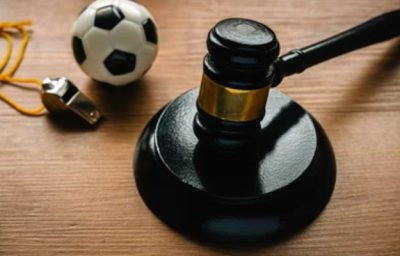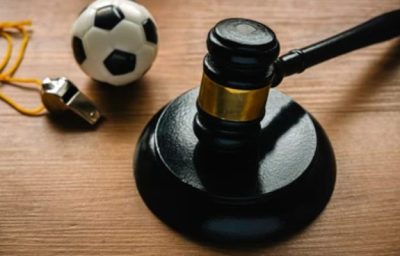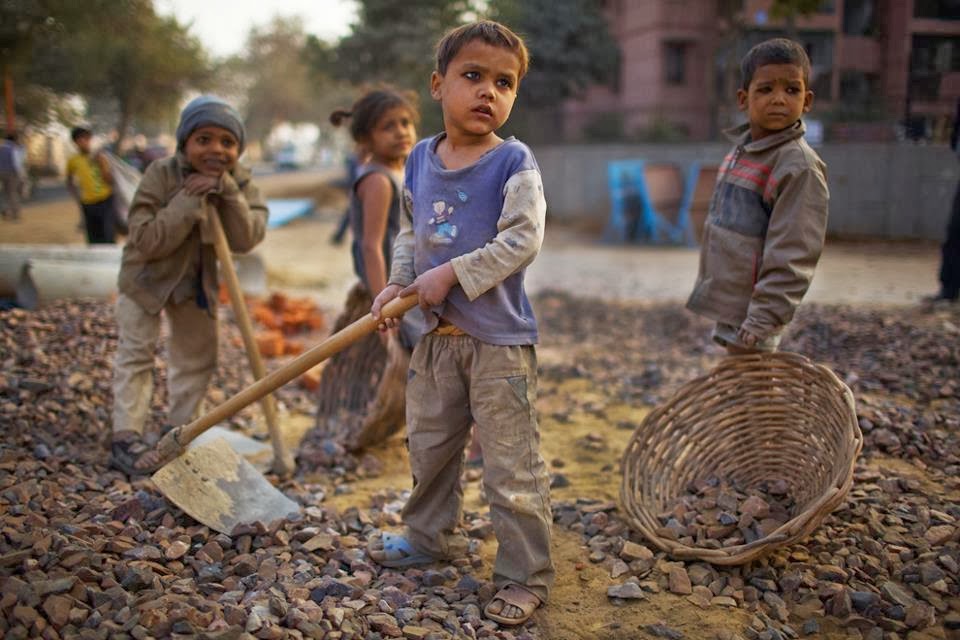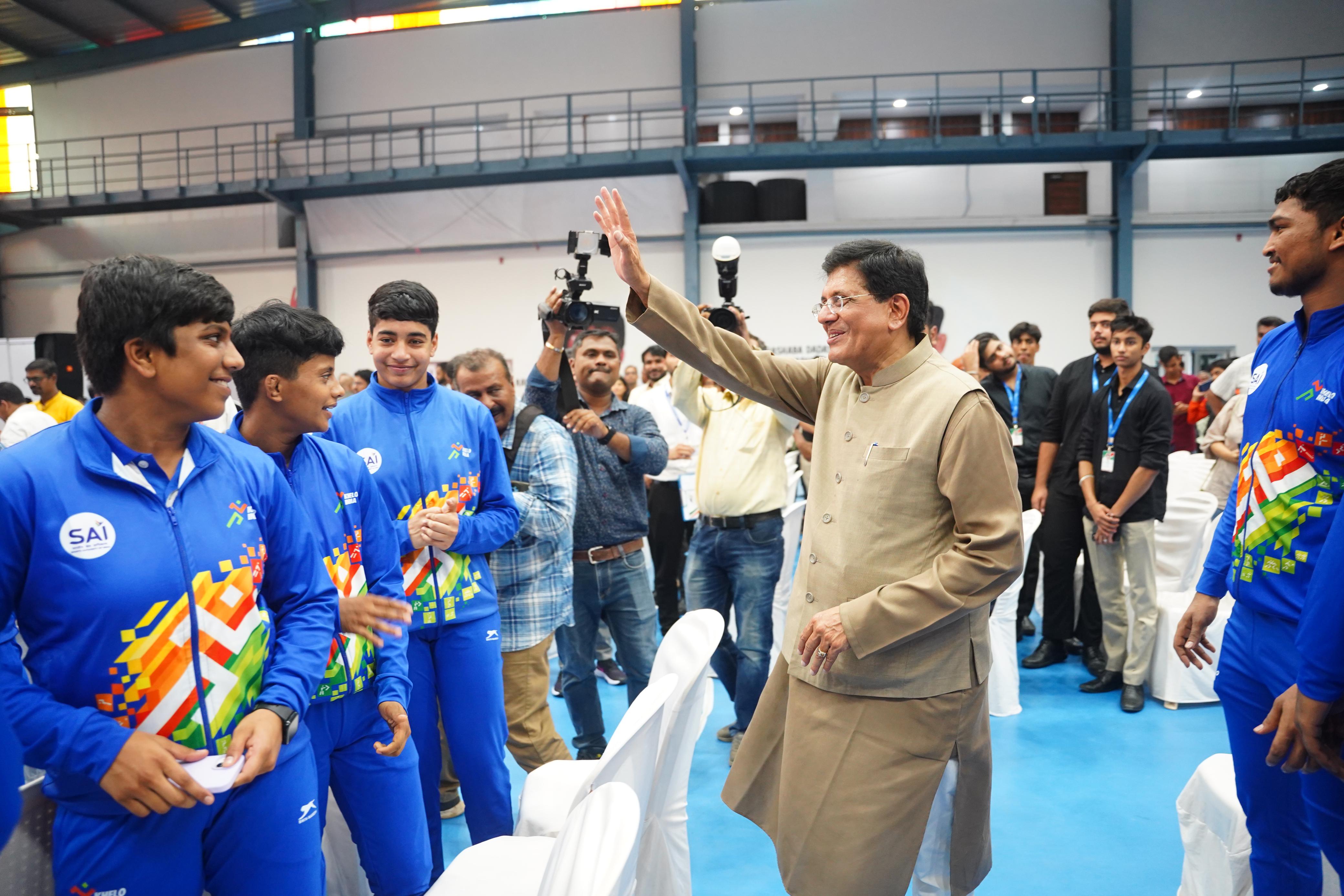

Legal Rights of Young Athletes in India
- May 29, 2025
- Legal Rights
- By Super Admin


India is witnessing a surge in young sports talent, with child athletes showcasing their skills at national and international levels. However, with growing opportunities come significant challenges. Understanding the legal rights of young athletes in India is crucial to ensure their protection, development, and success. This article focuses on young athlete protection in India and highlights key aspects of sports law for young athletes, emphasizing the importance of safe and supportive sports environments.

In India, young athletes often struggle to balance academics and sports. The Right to Education Act (RTE) ensures that children between 6 to 14 years of age receive free and compulsory education. Educational institutions are encouraged by the Ministry of Education to support student-athletes through flexible schedules and special provisions.
According to HSWF.Network, schools affiliated with recognized boards like CBSE and ICSE are required to provide attendance relaxations and academic flexibility for young athletes participating in national or international events. This ensures that sports and education go hand in hand, preventing children from having to choose between the two.
Young athlete protection in India is a growing concern, especially with increasing reports of physical, emotional, and financial exploitation. The Protection of Children from Sexual Offences Act (POCSO) and Juvenile Justice Act provide legal safeguards against abuse. Coaches, trainers, and sports administrators are expected to comply with child safety guidelines.
Ensuring protection of child athletes in India means creating a transparent grievance redressal system within sports organizations, allowing young athletes and their families to report concerns without fear of retaliation.

With fame comes commercial interest, and many young athletes are offered sponsorships and endorsement deals early in their careers. However, the sports law for young athletes mandates that contracts involving minors be signed through their legal guardians and must be vetted to ensure fairness.
According to HSWF.Network, athlete contracts in India involving minors must avoid exploitation, include clauses for education continuation, and ensure that the financial benefits are directed towards the athlete's welfare. Organizations like the Sports Authority of India (SAI) and the Ministry of Youth Affairs and Sports also provide legal support to families navigating sponsorship deals.
The Sports Authority of India (SAI) plays a vital role in identifying, nurturing, and protecting young talent. Through schemes like Khelo India and Target Olympic Podium Scheme (TOPS), the government provides funding, training, and medical care to promising athletes.
Under sports law for young athletes, these bodies are also responsible for enforcing ethical conduct, monitoring athlete welfare, and promoting inclusivity in sports. HSWF.Network highlights that SAI-run academies are regularly audited to ensure child safety and proper training protocols are followed.
Moreover, national federations are instructed to align with global child athlete protection policies, such as those promoted by the International Olympic Committee (IOC) and UNICEF, to ensure global standards are met in India.

Understanding the legal rights of young athletes in India is not just about legal compliance—it's about ensuring their dreams are pursued safely and ethically. Platforms like HSWF.Network emphasize the need for strict adherence to child protection laws, fair contracts, and government accountability.
By enforcing robust policies around young athlete protection in India and implementing effective sports law for young athletes, India can nurture a new generation of athletes who are not only champions in their fields but are also protected and respected as young citizens.